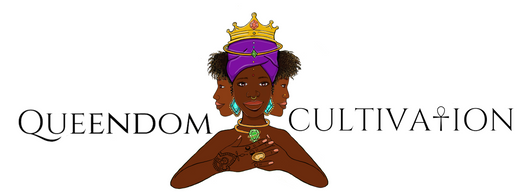Healing the Mother Wound
Mother’s Day is a time to celebrate and appreciate the mothers in our lives, but for many people, it can also be a difficult time.
The relationship between a mother and child is complex, and sometimes, it can be a source of pain and trauma. This is what author and therapist Bethany Webster calls the “mother wound” – a term that describes the intergenerational pain that women experience as a result of living in patriarchal cultures. In this blog post, we’ll explore what the mother wound is from a spiritual perspective, and offer five tips on how to heal this relationship with our mothers and ourselves.
Defining the mother wound
The mother wound is a spiritual wound that affects our sense of self, our relationships with others, and our connection to the divine. It is the result of generations of women who have been oppressed, silenced, and devalued, and who have passed down this pain to their daughters. The mother wound can manifest in different ways, such as feeling unworthy, unloved, or disconnected from our feminine essence.
Understanding the mother’s perspective
It’s important to understand that mothers are human beings who have their own wounds and challenges to deal with. Sometimes, they may not have been able to provide the kind of love or support that their children needed, either because of their own trauma, mental health issues, or external circumstances. This doesn't excuse any harmful behavior, but it can help us cultivate compassion and empathy for our mothers.
Healing the mother wound
Healing the mother wound is a process that requires patience, courage, and self-compassion. Here are five tips on how to practice healing:
1. Practice self-compassion
Be kind and gentle with yourself as you explore your feelings and memories related to your mother. Acknowledge that it's okay to feel anger, sadness, or grief, and that you deserve love and care.
2. Seek support
Consider working with a therapist or counselor who can help you process your emotions and develop new coping strategies. You can also join support groups or online communities where you can connect with others who have similar experiences.
3. Practice forgiveness
This doesn't mean forgetting or condoning any hurtful actions, but rather releasing the resentment or bitterness that may be holding you back. Forgiveness is a process that may take time and effort, but it can liberate you from the past and open up space for healing.
4. Connect with your spirituality
Whether you follow a specific religion or not, cultivating a sense of connection with something greater than yourself can provide comfort and guidance. You can try meditation, prayer, journaling, or any other spiritual practice that resonates with you.
5. Set healthy boundaries
As you work on healing the mother wound, you may need to establish boundaries with your mother or other family members to protect your emotional wellbeing. This can include limiting contact, expressing your needs and boundaries clearly, or seeking legal or therapeutic support if necessary.
Healing the mother wound is not just about repairing the relationship with our mothers, but also about reclaiming our sense of self, our power, and our connection to the divine. By practicing self-compassion, seeking support, practicing forgiveness, connecting with our spirituality, and setting healthy boundaries, we can begin to heal this spiritual wound and live a more fulfilling life. This Mother's Day, let's honor the mothers in our lives while also taking care of ourselves and our healing journey.


